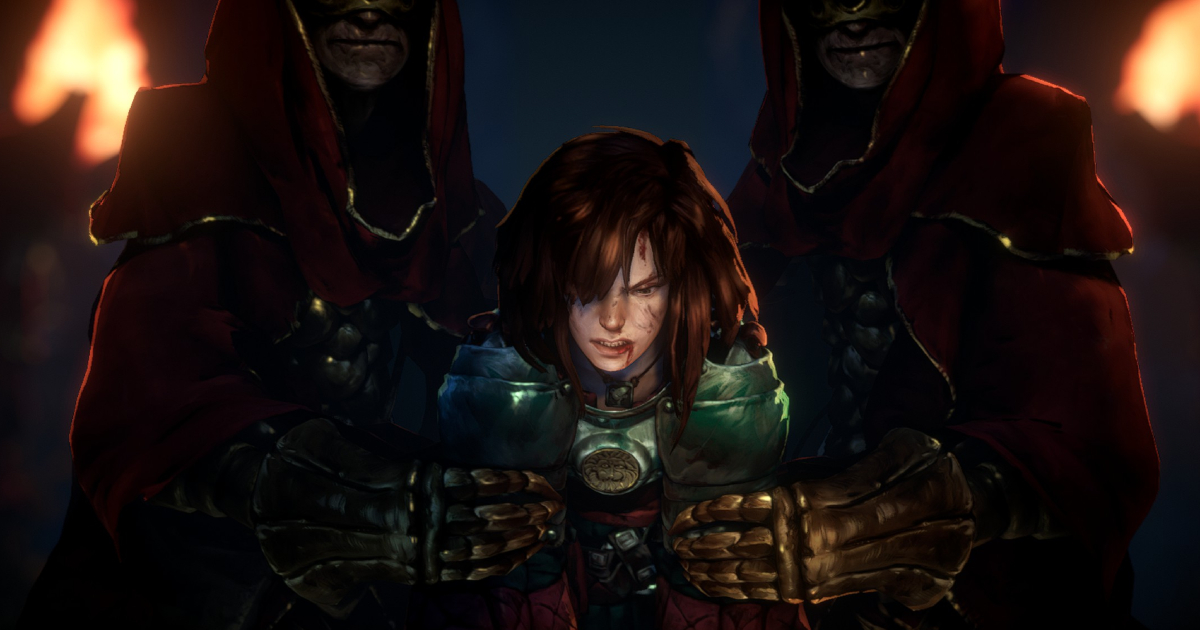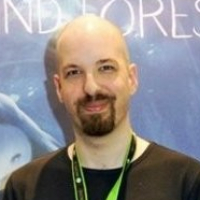Moon Studios co-founder and CEO Thomas Mahler has shared his thoughts on the state of AAA game development. He believes that going multiplatform may be the only way for major publishers and corporations such as Microsoft and Sony to remain sustainable.

No Rest for the Wicked
It all started with a short question from Windows Central journalist Jez Corden: “Are you sticking with Xbox?” Instead of leaving a one-word reply, Mahler published a lengthy post explaining why this might not matter in today’s market.
“I think the industry is at a point where it’s pretty clear that the model the AAA industry has relied on for the last 20 or so years has probably run its course,” the developer wrote. Here is how he thinks we got to this point:
- During the outbreak of the COVID-19 pandemic, which Mahler called a “bit of a trap for all these platform holders and publishers,” companies saw a surge in the number of users and playtime;
- They mistakenly believed that this was the new status quo rather than an “unwarranted success”;
- When lockdowns ended, record numbers dropped to pre-pandemic levels, forcing game companies to correct their courses and cut costs (hence the never-ending series of layoffs, game cancellations, etc.);
- “A lot of these huge corporations that were able to get investments not based on merit, but on hype, suddenly got gutted because they were too greedy,” the developer noted.
As a result, we see the aftermath of overhyped funding and missed forecasts. And there lies another major problem — inflated budgets. New AAA titles cost $100-300 million, making it extremely difficult to recoup the investment. For example, The Last of Us Part II cost $220 million to produce, while Marvel’s Spider-Man 2 had a total budget of $315 million, and the numbers are only growing.
“Once this much money is on the line, how do you guarantee that you’ll make your money back?” Mahler wrote. “You absolutely will have to attract as many customers as possible.”
That’s why he believes that it is making less and less sense for, say, Microsoft to lock their games to one platform. As we all know, Xbox started porting its first-party titles to PlayStation and Nintendo Switch earlier this year. Sony has also been releasing PC versions of their older games for a while now. And while Mahler thinks that the Japanese company currently has “less of an incentive to ship their stuff on Xbox since Xbox doesn’t have a huge install base anymore,” the risks are too high and every copy sold matters.
We're at a real turning point here where all the heads of those big publishing firms and AAA studios will have to decide if they want to still keep increasing development costs and risk that they might just go bankrupt should they not sell as many units as they had hoped for or try to lessen those risks by selling their games to as many people as possible. CEO of Moon Studios
Mahler also thinks it won’t matter that much in the future what console you have, comparing the possible outcome to the time when people owned DVD players from different manufacturers. “The hardware still matters to some degree, but you’ll be able to get the same entertainment on all those devices,” he said, adding that Nintendo will probably be the only company with no need to change the current model.
He also assumed that Microsoft Gaming CEO Phil Spencer was probably thinking that way when making the decision to open up the Xbox platform, especially as console sales continue to fall with each quarter. “If Xbox transforms into ‘Box that plays EVERYTHING without any hassle’… that’s a pretty compelling concept,” he noted.
Concluding his post, Mahler warned people to take his words with a huge grain of salt, saying that “I could be totally wrong and I have been wrong in the past a couple of times.”
As for Moon Studios, it recently released its new action RPG No Rest for the Wicked in Early Access on Steam. Despite some mixed reviews at launch, the game peaked at over 36k concurrent players and debuted in the top 5 on the Steam charts. The rating has already improved to “Mostly Positive” thanks to a series of hotfixes and the first major patch.

